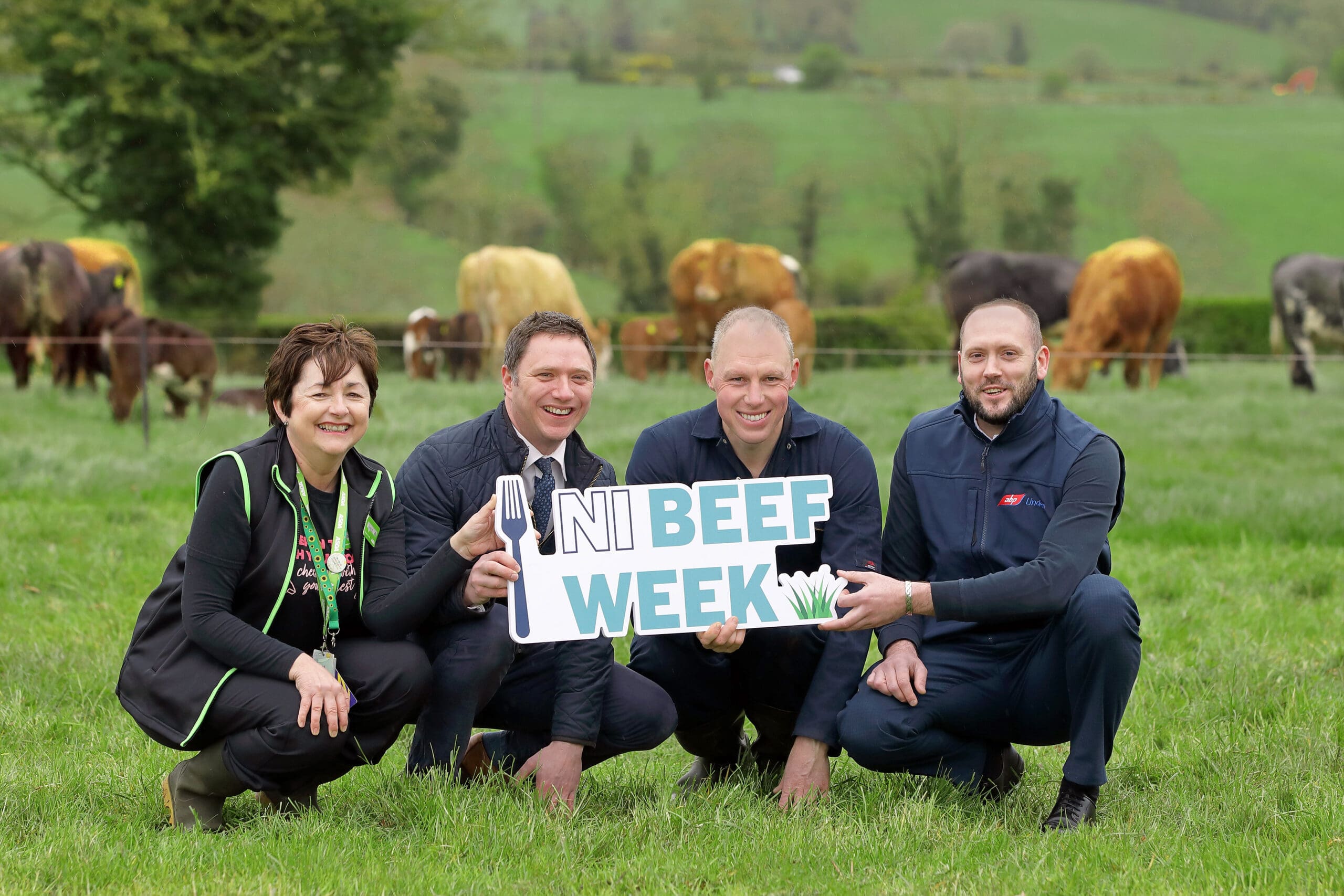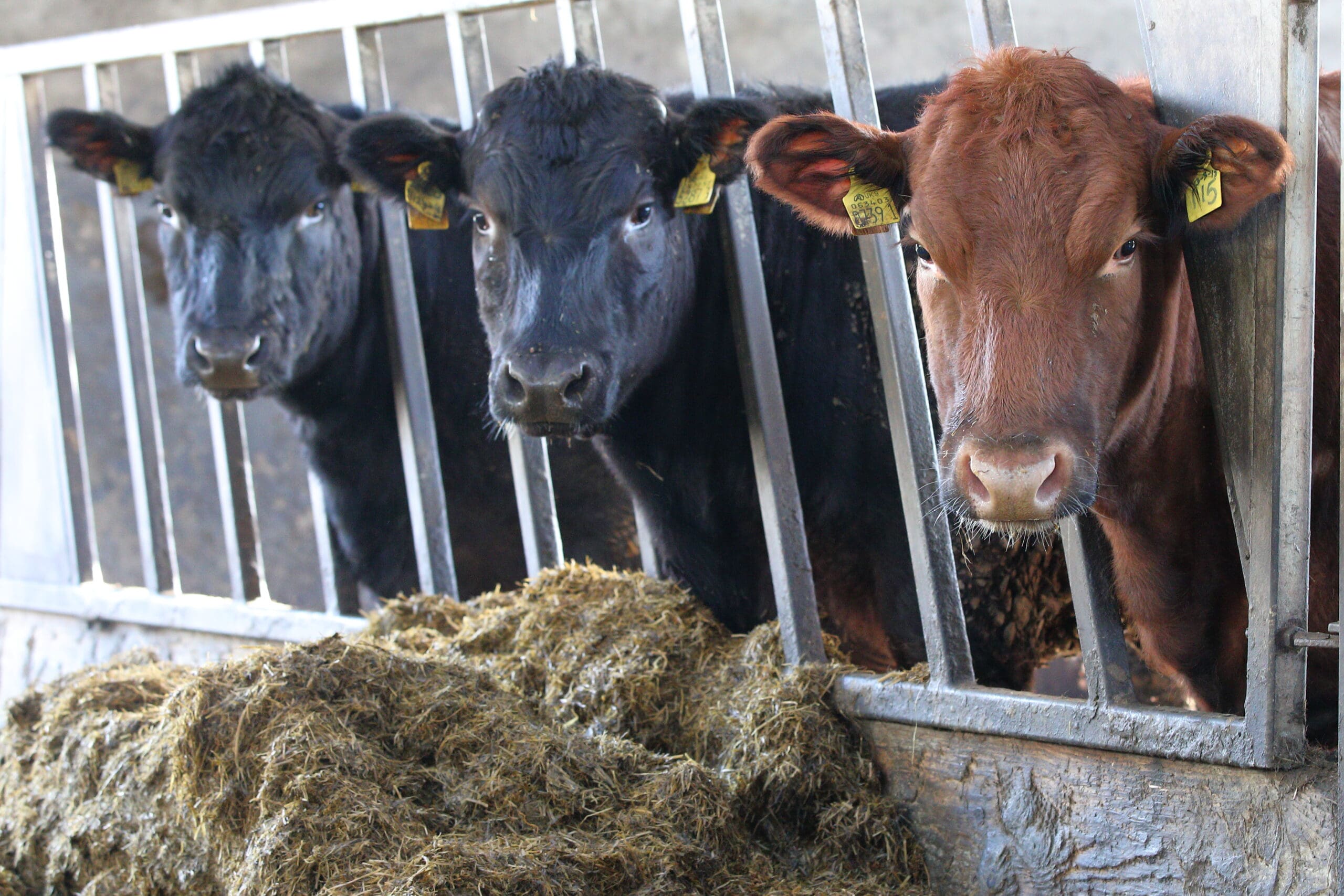
Following the announcement of the Spring budget yesterday (15 March), the Ulster Farmers’ Union (UFU) says it is deeply disappointed that despite the strongest representation from all parts of the UK, the budget has not been used as a platform to extend the highest level of energy relief available under the Energy and Trade Intensive Energy Scheme, to key agricultural sectors after 31 March 2023.
Commenting, UFU deputy president John McLenaghan said, “The UFU has been lobbying for horticulture, poultry and pig production to be included in the ETII Scheme. Last month, the four UK farming unions jointly issued a letter to the Department for Energy Security and Net Zero highlighting that unless the scheme is amended to provide a higher level of relief, there could be a reduction in domestic food production.
“Energy is a critical source within food production. When the Energy Bill Relief Scheme changes at the end of March, higher energy costs will be a major challenge for all farmers. Many food producing businesses will struggle to absorb the huge hikes in energy prices, leaving them to face an energy cost cliff edge. This poses a longer-term risk of food price inflation for consumers and could also negatively impact the thousands of supply chain businesses that are sustained by the farming sector.
“From April 2023, the ETII scheme will provide high level energy relief to several sectors including food processing and manufacturing. However, it currently excludes primary agricultural production such as horticulture, poultry and pigs, sectors that rely heavily on energy. Failing to address that in the budget is a failure to address growing food security concerns and raises the prospect of more empty shelves appearing in shops across the UK.
“The UFU will raise the matter with Northern Ireland MPs and continue to lobby for these industries to be properly recognised under ETII. Government needs to intervene, showing their support for food producers so they can continue to produce high-quality produce that consumers expect on shop shelves.”




